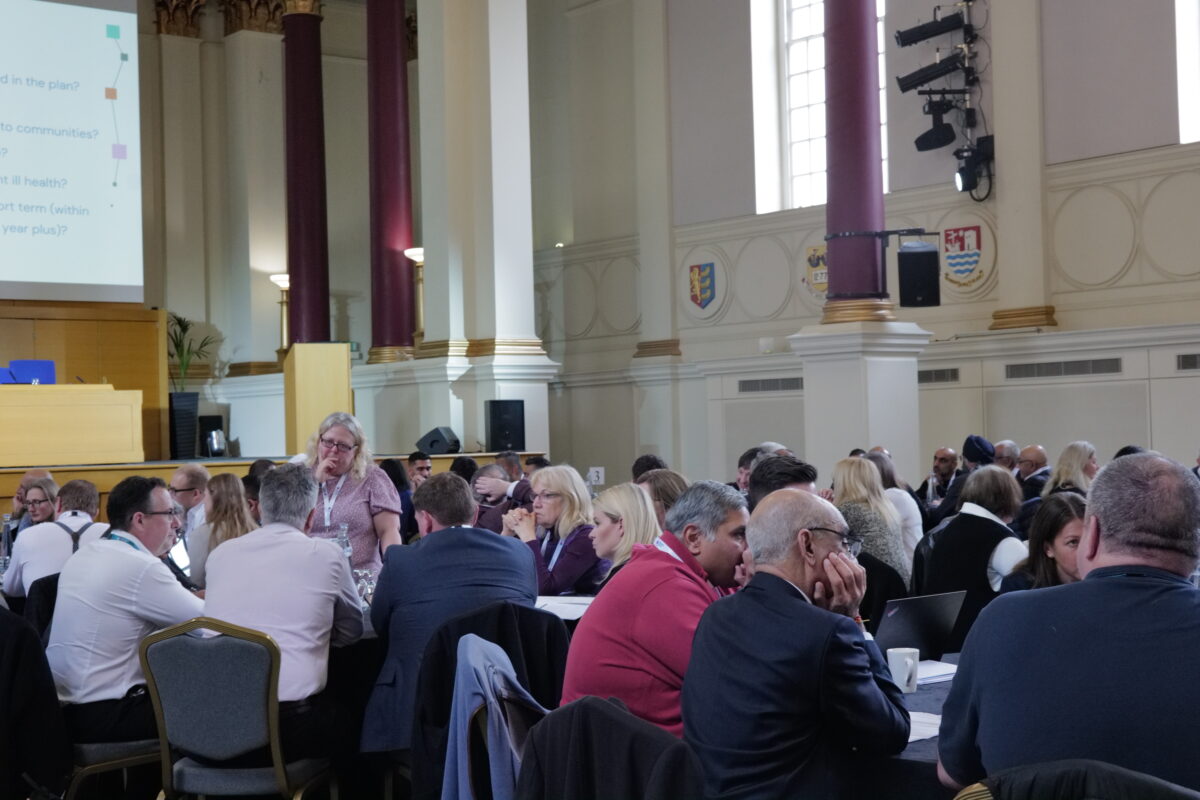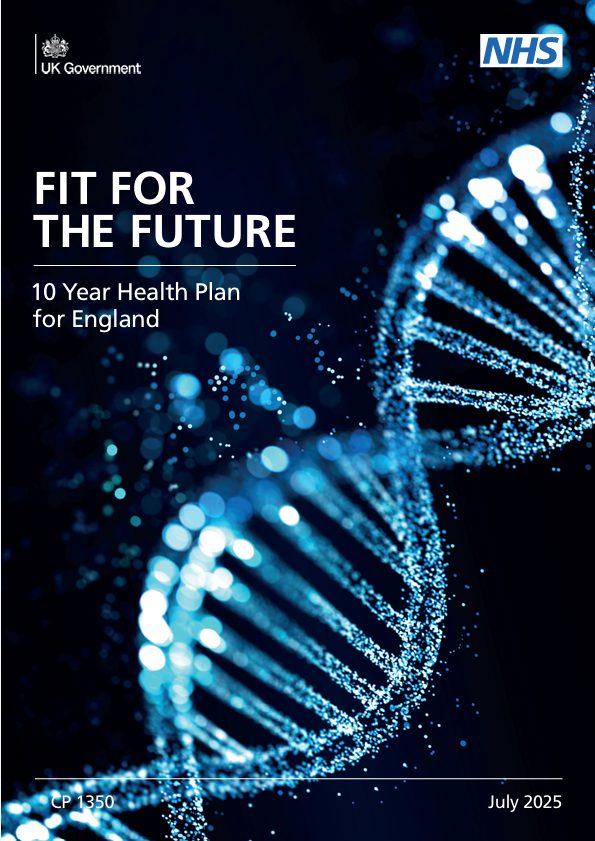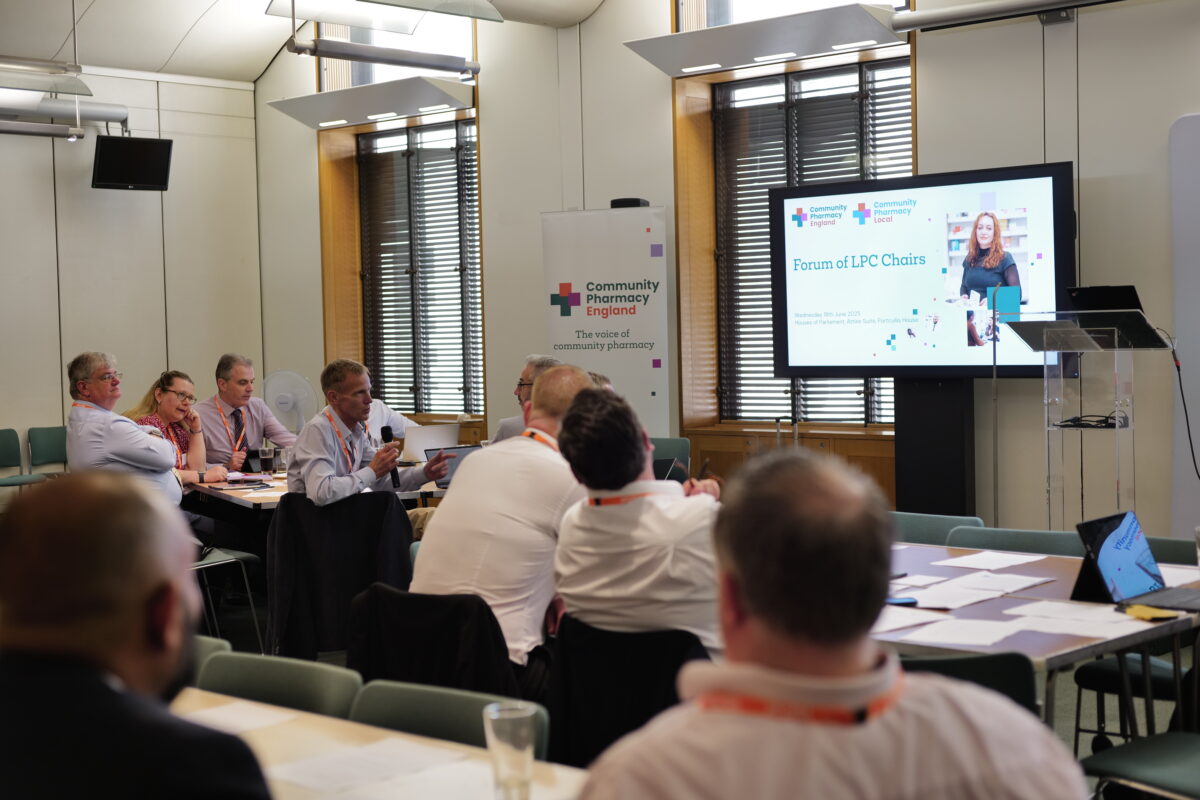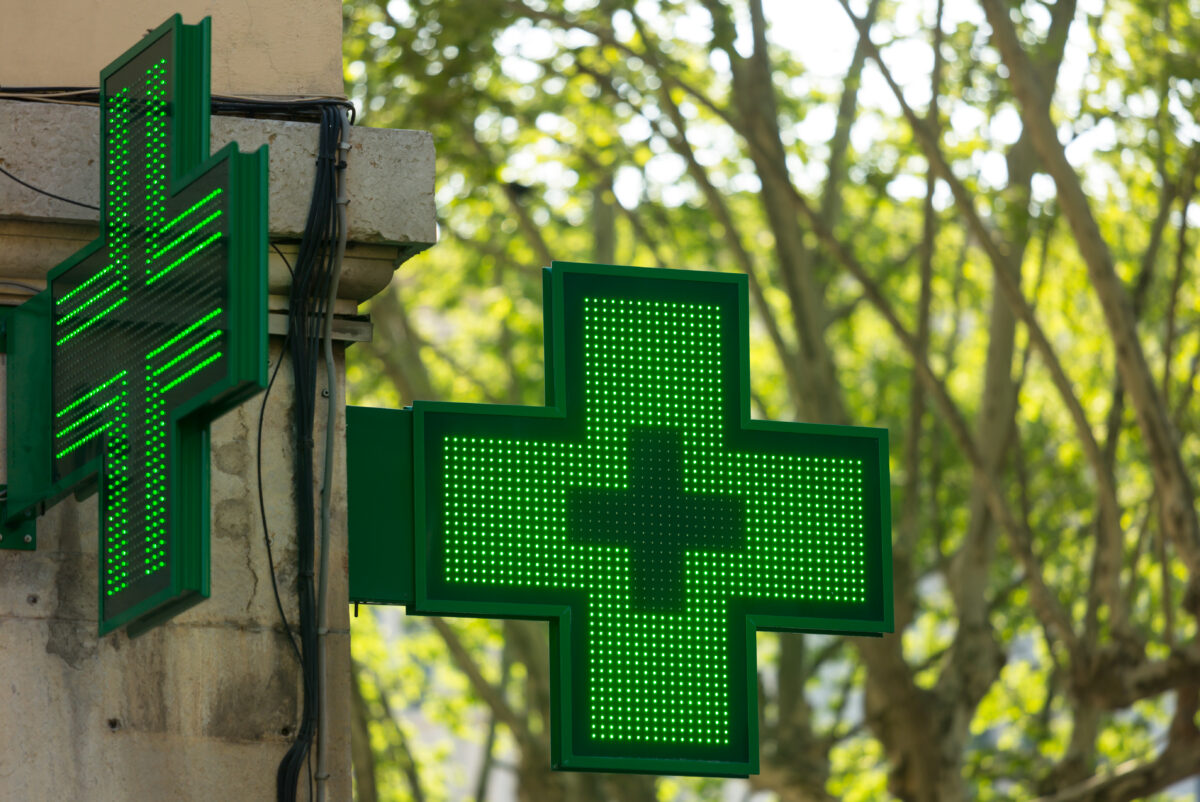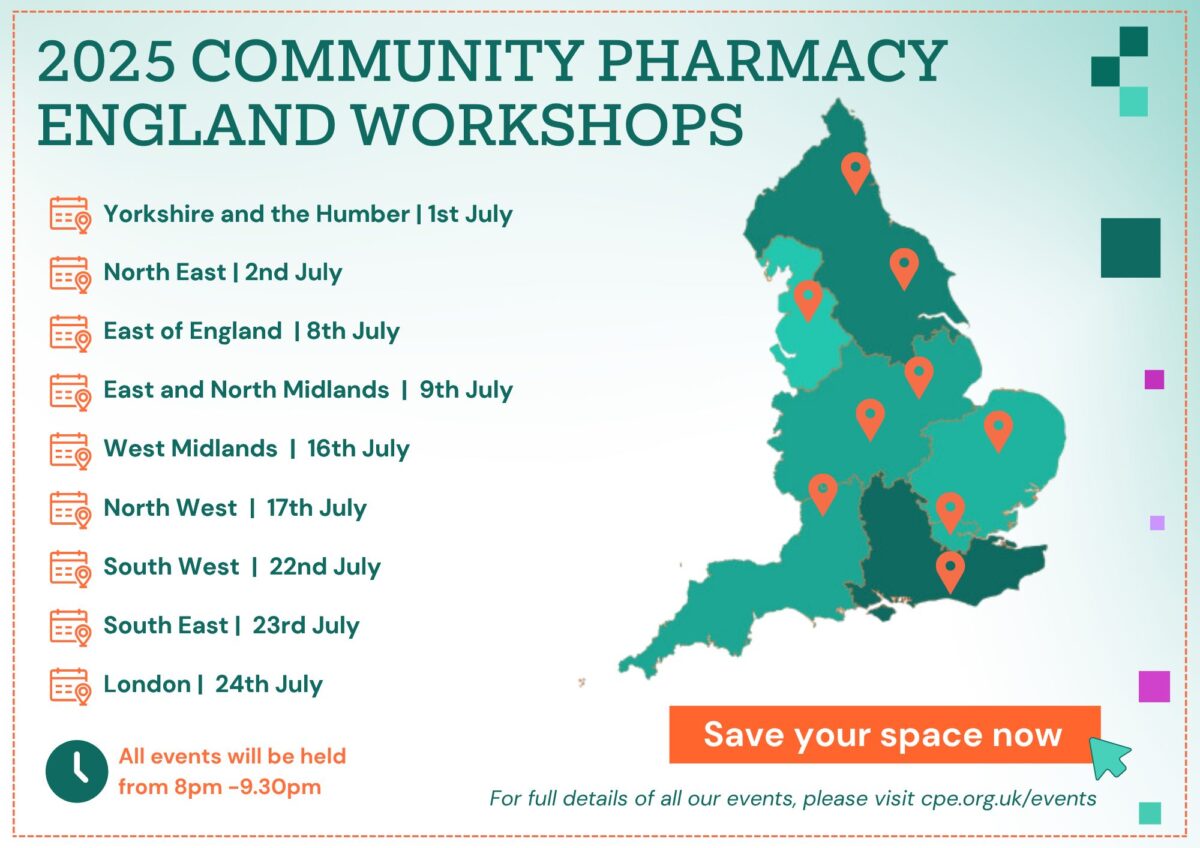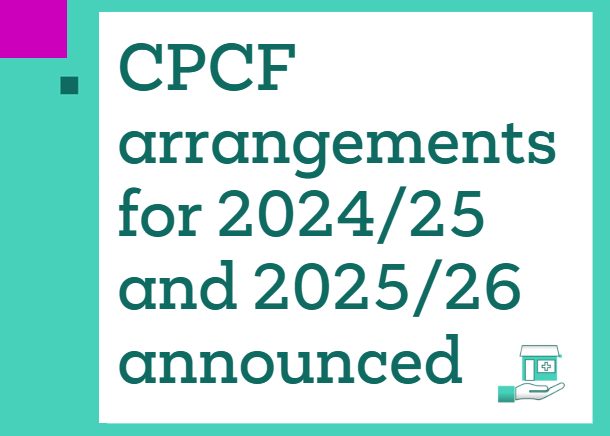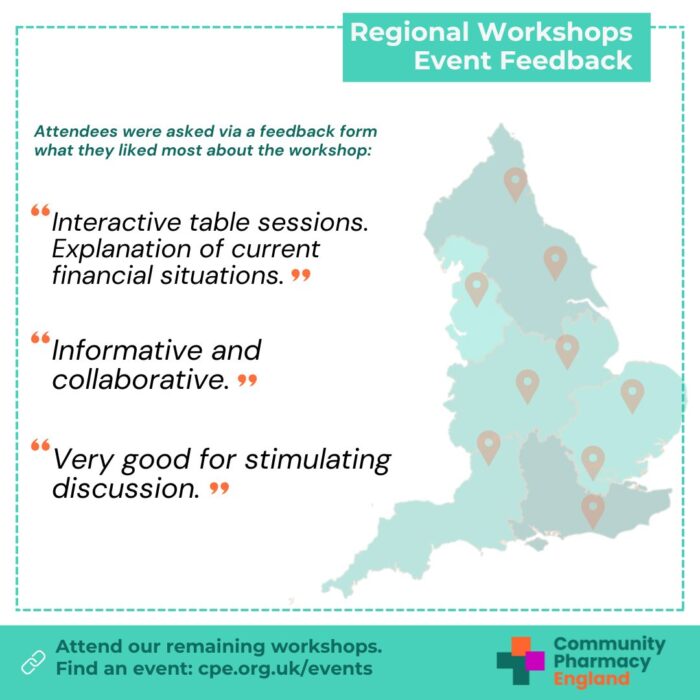Minor Ailment Service
Published on: 19th July 2013 | Updated on: 18th November 2024
Examples of this service that have been commissioned locally are available on the Community Pharmacy England online services database.
Tools and publications which may be useful to support the commissioning of this service can be found on the Service development tools and publications hub.
Community Pharmacy England has developed a toolkit which contains a number of resources to assist both commissioners and LPC with implementation of a Minor Ailment Service, for example, a draft service specification; an implementation plan; and resources to notify local general practices about the commissioning of a new service. Community Pharmacy England seeks external input from interested parties, in particular from service commissioners and LPCs in the development of such toolkits. We hope that this inclusive approach will help enhance the contents of the toolkit. If a commissioner would like to consider developing a local service, your Local Pharmaceutical Committee(s) (LPC) have full access to these resources. Details of how to contact the appropriate LPC(s) for the area can be accessed here: LPC Online – Portal for LPC websites
Click on a heading below for more information.
[/showhide]
According to the Kings Fund, on an average day in the NHS there are:
- Nearly 1.3 million people would attend a GP appointment; and
- More than 44,000 people would attend a major accident and emergency (A&E) department.
Nearly one in five (18%) of GP consultations are for minor ailments alone. If these consultations could be handled by a pharmacist or the pharmacy team, at least an hour a day could be released for every GP to see patients with more complex needs and it could potentially reduce patient waiting times (PAGB and PSNC Submission to the Pharmacy White Paper).
Minor ailments are are also one of the most common issues that result in the use of urgent care services and it has been found that 8% of A&E consultations could be managed by a pharmacist if a pharmacy service was commissioned (Bednall R, et al. Identification of patients attending accident and emergency who may be suitable for treatment by a pharmacist. Fam Pract (2003); 20(1): 54–57.3).
The NHS England ‘Transforming urgent and emergency care’ report stated that community pharmacy services can play an important role in enabling self-care, particularly amongst patients with minor ailments.
Many common and minor ailments can be treated in community pharmacies by providing brief advice and/or medicines classified as general sales list (GSL) or pharmacy-only (P). Occasionally a patient may require a specific prescription only medicine (POM). Where appropriate, this can be offered by the pharmacist working under a patient group direction (PGD). Some patients may also benefit from a referral to another healthcare provider or a source of information to support self-care of their condition.
A locally commissioned Minor Ailment Service (MAS) would compliment the existing Pharmacy First Advanced Service and allow patients with a defined, non-serious condition or injury to be additionally supported by the community pharmacy of their choice for advice and/or over-the-counter treatment. Patients could access the service directly at the pharmacy or be referred or directed by NHS 111, general practice staff or another healthcare professional as part of the Pharmacy First Service. In some circumstances, someone may present at the pharmacy on behalf of the patient, e.g. a parent for their child or a carer.
Where commissioned, appropriate patients are able to obtain specified GSL, and P medicines at NHS expense. They may also be able to access certain POM medicines under an appropriate PGD.
Community Pharmacy England Services Case Studies Hub
Community Pharmacy England Briefing 044/17: Analysis of Minor Ailment Services data (July 2017)
This Community Pharmacy England Briefing provides details of an analysis carried out by Pinnacle Health Partnership of data from Minor Ailment Services (MAS) commissioned from community pharmacies and collected via the PharmOutcomes system.
Community Pharmacy England Briefing 043/17: Analysis of Minor Ailment Services in England (July 2017)
Following a review of Minor Ailment Service (MAS) service specifications and other associated documents, Community Pharmacy England has conducted an analysis on the different MAS commissioned across England. This Community Pharmacy England Briefing provides a summary of this analysis which may be of particular interest to LPCs developing proposals for MAS in their area or those who are reviewing existing MAS.
Service case study: New GP2Pharmacy service in South Tyneside (January 2019)
Community Pharmacy England Briefing 038/15: Community Pharmacy England Update on negotiations on a national Minor Ailments Advice Service (Jul 2015)
Community Pharmacy England had hoped that it would be able to reach agreement with the NHS on such a service as part of the 2015/16 settlement and in lengthy discussions with the NHS we had developed a detailed proposal for this. NHS England subsequently decided not to pursue this. The Briefing contains a more detailed update on negotiations on a national Minor Ailments Advice Service.
Community Pharmacy England and PAGB submission to DH on minor ailments (Dec 2007)
PricewaterhouseCoopers (PwC) – The value of community pharmacy: full report and summary report.
This report contains a chapter which provides PwC’s assessment of the value associated with community pharmacy’s current role in providing minor ailments services in England.
For more information on this topic please email services.team@cpe.org.uk

